en:research
Differences
This shows you the differences between two versions of the page.
| Both sides previous revisionPrevious revisionNext revision | Previous revision | ||
| en:research [2012/02/20 23:38] – bonnif | en:research [2022/05/19 14:55] (current) – bonnif | ||
|---|---|---|---|
| Line 1: | Line 1: | ||
| - | ====== Research interests ====== | + | ===== Intelligent Vehicles Navigation |
| - | Intelligent | + | |
| - | Global Navigation Satellite Systems (GNSS) | + | Intelligent |
| + | For autonomous navigation, localization is still an open problem. Global Navigation Satellite Systems (GNSS) provide global localization | ||
| + | Perception systems that use on-board exteroceptive sensors (e.g. cameras or lidars) and information shared by cooperative agents need also deep improvements to enable drivable space characterization and scene understanding. I consider frameworks and methodologies able to handle uncertainties and partial knowledge | ||
| + | I am also interested in the definition and elaboration of enhanced digital maps able to support these different processes, being convinced that they will play a key role in this field. | ||
| ===== Key words ===== | ===== Key words ===== | ||
| - | * Mobile | + | * Robotics |
| - | * Advanced Driver Assistance System, | + | * Intelligent Vehicles |
| - | * Robotic Perception, Obstacle Detection, Drivable Space | + | * Autonomous Navigation |
| - | * Data and Multisensor Fusion | + | * Localization and Maps |
| - | * Road Vehicles Localization | + | * Integrity Monitoring (FDE and confidence domains computation) |
| - | - GNSS (GPS, Galileo) | + | * Multisensor Data Fusion |
| - | - GIS and Navigable Maps | + | * Perception |
| - | - Map-matching | + | |
| - | - Natural landmarks | + | |
| - | - Integrity monitoring, Fault Detection, Identification, | + | |
| - | * State Observers for handling uncertainties | + | |
| - | - Bayesian | + | |
| - | | + | |
| - | | + | |




